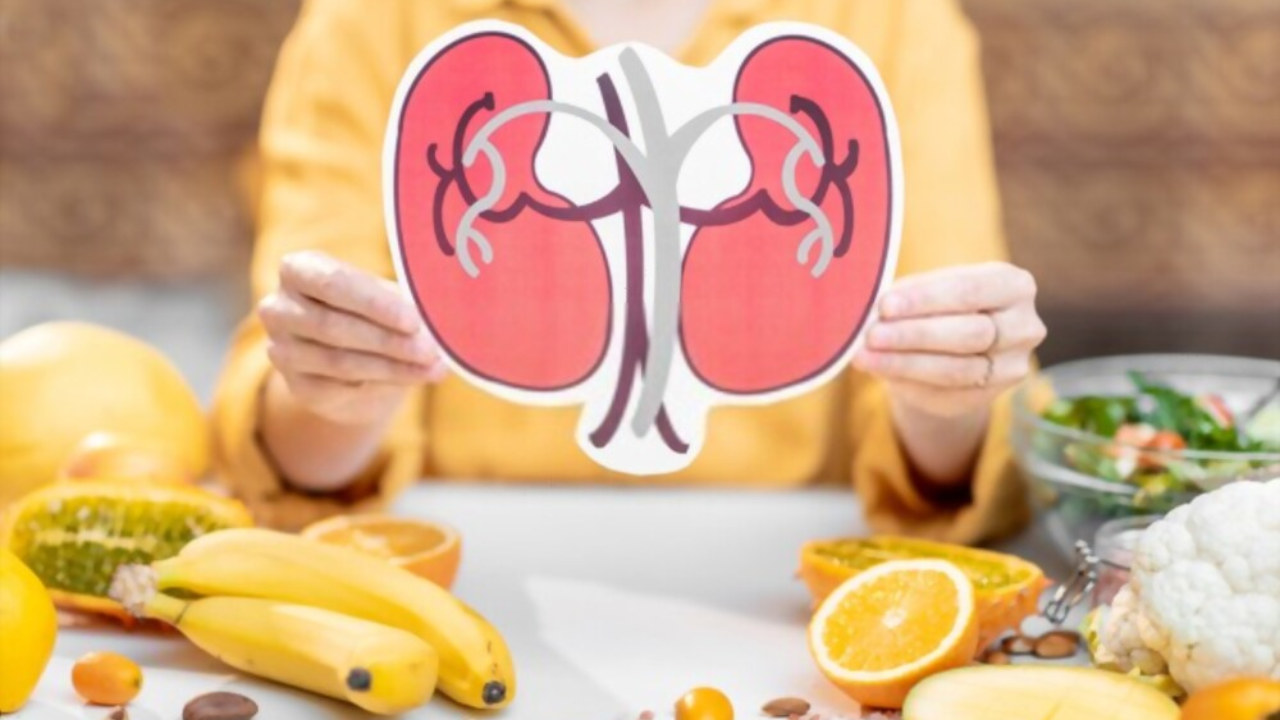Kidney Cancer Diet and Nutrition: What to Eat and What to Avoid

Kidney cancer, also known as renal cancer, is a significant health concern worldwide, including in India. Kidney cancer accounted for approximately 2-3% of all cancer cases in India in 2020. Diet and nutrition play a critical role in the management and prevention of kidney cancer.
A well-planned diet can help manage symptoms, support treatment, and improve the quality of life for patients. Conversely, poor dietary choices can exacerbate the condition and interfere with treatment outcomes.
This article can guide you on what to eat and what to avoid for kidney cancer patients.
Why Does My Diet Matter For Kidney Cancer Management?
Proper nutrition is crucial for kidney cancer patients to maintain strength, manage treatment side effects, and support recovery. The National Cancer Institute highlights that a balanced diet can help patients maintain a healthy weight, manage side effects like fatigue and nausea, and enhance their overall well-being. In India, where dietary habits are diverse, it is essential to tailor nutritional advice to individual preferences and cultural practices.
Diet and Kidney Cancer Management
The American Cancer Society (ACS) and World Cancer Research Fund (WCRF) emphasize plant-based diets for cancer prevention. A 2023 JAMA study found a 15% reduction in cancer recurrence and improved survival rates for patients on plant-based diets. Antioxidants from fruits and vegetables lower kidney cancer risk, as noted in Cancer Epidemiology, Biomarkers & Prevention. The Indian Journal of Medical Research supports traditional Indian diets rich in anti-inflammatory spices. The National Institute of Nutrition (NIN) recommends a balanced diet, limiting processed meats, salt, and sugar.
Foods to Include for Kidney Cancer Management
Fruits and Vegetables
Fruits and vegetables are rich in vitamins, minerals, and antioxidants that help boost the immune system and fight cancer. Cruciferous vegetables like broccoli, cauliflower, and cabbage are particularly beneficial due to their high levels of glucosinolates, which have been shown to have cancer-fighting properties.
-
Berries: Blueberries, strawberries, and raspberries are high in antioxidants and can help reduce oxidative stress and inflammation.
-
Leafy Greens: Spinach, kale, and lettuce are excellent sources of vitamins A, C, and K, and provide necessary fiber.
Whole Grains
Whole grains like brown rice, oats, and whole wheat are rich in fiber, which aids digestion and helps maintain a healthy weight. According to the American Institute for Cancer Research, whole grains also contain phytochemicals that can protect cells from damage.
Lean Proteins
Adequate protein intake is crucial for maintaining muscle mass and strength, especially during cancer treatment. Lean protein sources include:
-
Fish: Rich in omega-3 fatty acids, which have anti-inflammatory properties.
-
Poultry: Skinless chicken and turkey are good sources of lean protein.
-
Legumes: Beans, lentils, and chickpeas provide plant-based proteins and are high in fiber.
Healthy Fats
Incorporating healthy fats into the diet is important for overall health. Sources include:
-
Olive Oil: A good source of monounsaturated fats.
-
Nuts and Seeds: Almonds, walnuts, chia seeds, and flaxseeds provide omega-3 fatty acids and other essential nutrients.
Foods to Avoid for Kidney Cancer Management
Processed and Red Meats
High consumption of processed and red meats has been linked to an increased risk of kidney cancer. These foods often contain harmful compounds that can contribute to cancer development.
-
Processed Meats: Sausages, bacon, and ham.
-
Red Meats: Beef, mutton, and pork should be limited.
High-Sodium Foods
A high sodium intake can lead to hypertension, which is a risk factor for kidney cancer. Avoid foods with added salt and opt for fresh, unprocessed options.
-
Canned Foods: Often high in sodium; choose low-sodium versions if necessary.
-
Fast Food: Typically high in sodium, unhealthy fats, and calories.
Sugary Foods and Beverages
Excessive sugar intake can lead to obesity, which is a known risk factor for kidney cancer. Limit consumption of:
-
Sugary Drinks: Sodas, fruit juices with added sugar, and energy drinks.
-
Sweets: Pastries, candies, and desserts.
Alcohol
Alcohol consumption has been associated with an increased risk of several cancers, including kidney cancer. It is advisable to limit or avoid alcohol intake altogether.
Get Personalized Dietary Guidance for Kidney Cancer Management
When managing kidney cancer, be vigilant for alarming signs such as blood in the urine, persistent lower back pain on one side, unexplained weight loss, fatigue, and fever. Swelling in the ankles or legs, loss of appetite, and a palpable mass in the abdomen are also concerning. If these symptoms arise or worsen, it's crucial to see a doctor immediately. Additionally, any new or unusual symptoms should prompt a medical evaluation to rule out complications or disease progression. Early detection of changes can significantly improve treatment outcomes and overall prognosis.
For comprehensive care and personalized dietary plans, consider consulting with the expert team at KKR Hospital. Our specialists are dedicated to providing holistic and evidence-based approaches to cancer treatment and nutrition. Schedule a consultation today to embark on your journey towards better health and well-being.
